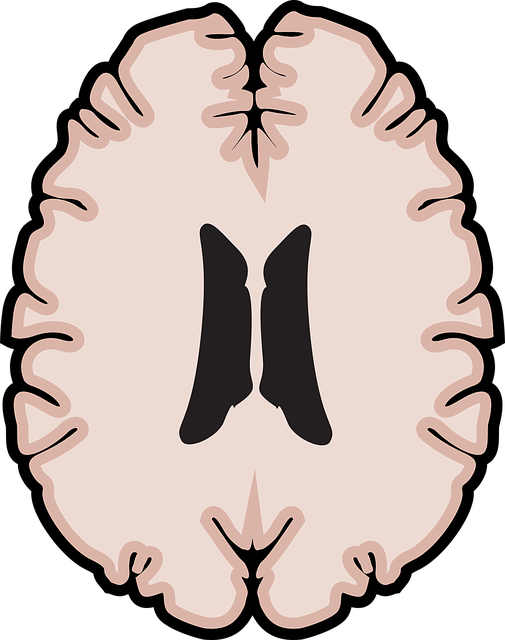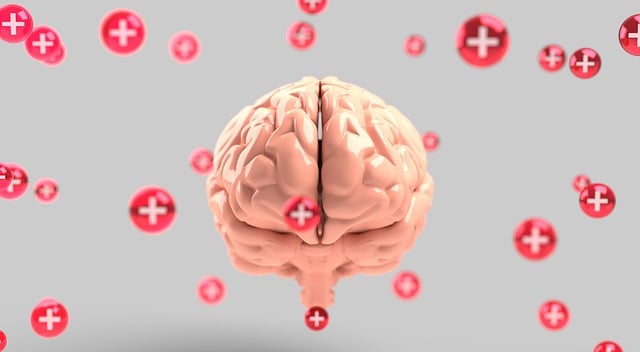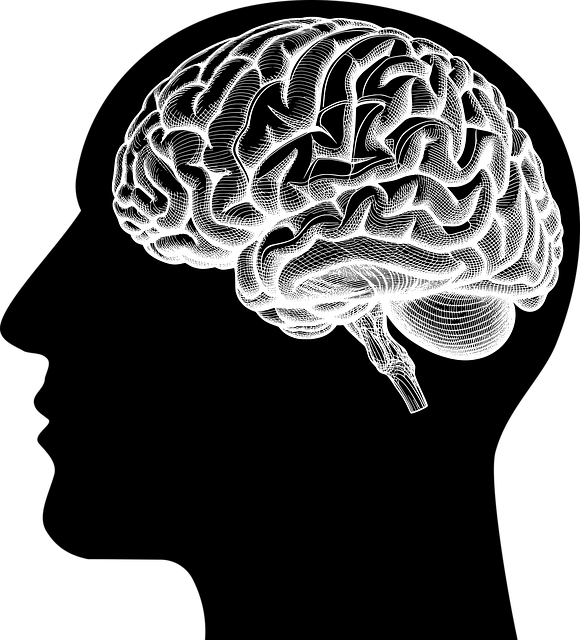Crisis Intervention Teams (CITs), integral to mental health support, are key in de-escalating crises and preventing escalation. Westminster Chronic Illness Therapy highlights their importance in enhancing public awareness campaigns and promoting wellness coaching programs. With chronic illnesses on the rise, specialized CIT training is crucial for addressing unique challenges faced by patients with co-occurring disorders or complex symptoms linked to physical ailments. This training, modeled after Westminster's approach, focuses on understanding chronic conditions' impact on mental health, developing culturally sensitive interventions, and implementing evidence-based stress management techniques. Through journaling exercises, burnout prevention strategies, and interactive workshops, these programs empower community members to better navigate crises, fostering resilience and reducing the impact of mental health stressors.
Crisis intervention teams (CITs) play a vital role in mental health support, providing immediate assistance during crises. This article explores CIT training programs, focusing on their importance and impact on communities. We delve into the specific needs of organizations like Westminster Chronic Illness Therapy, which highlights the value of specialized training. By examining key components and implementation strategies, we uncover how effective CIT training enhances community resilience and improves mental health outcomes.
- Understanding Crisis Intervention Teams: Role and Importance in Mental Health Support
- Westminster Chronic Illness Therapy: A Case for Specialized Training Programs
- Key Components of Effective Crisis Intervention Team Training
- Implementation and Benefits: Enhancing Community Resilience through Training
Understanding Crisis Intervention Teams: Role and Importance in Mental Health Support

Crisis Intervention Teams (CITs) play a pivotal role in mental health support, especially when dealing with individuals experiencing crises or severe emotional distress. These specialized teams are designed to provide immediate and effective assistance, aiming to de-escalate situations that could otherwise spiral out of control. CITs typically consist of trained professionals from various disciplines, including healthcare workers, social workers, and law enforcement officers, who collaborate to offer comprehensive care.
At Westminster Chronic Illness Therapy, we recognize the value of these teams in enhancing public awareness campaigns development and promoting mental wellness coaching programs. By fostering better understanding and support for those in crisis, CITs contribute to improving overall mental health outcomes. This collaborative approach ensures that individuals receive the necessary help promptly, reducing potential risks and fostering a more supportive environment.
Westminster Chronic Illness Therapy: A Case for Specialized Training Programs

Westminster Chronic Illness Therapy is a compelling example highlighting the need for specialized crisis intervention team training programs. In today’s complex healthcare landscape, where chronic illnesses are on the rise, traditional generalist approaches may not adequately equip mental health professionals to handle the unique challenges presented by these conditions. This is particularly true when dealing with patients who experience co-occurring disorders or complex psychological symptoms associated with chronic physical ailments.
Specialized training programs can address this gap by focusing on the intersection of chronic illness and mental health. These programs, akin to Westminster Chronic Illness Therapy, should incorporate tailored content such as understanding the impact of chronic conditions on mental well-being, developing culturally sensitive interventions, and implementing evidence-based strategies for stress management and risk assessment. Enhancing healthcare provider cultural competency training and equipping them with advanced stress management techniques are crucial steps towards ensuring effective crisis intervention for individuals facing both physical and psychological challenges.
Key Components of Effective Crisis Intervention Team Training

Effective crisis intervention team training should encompass several key components to ensure that teams are well-prepared and equipped to handle various crises. Firstly, Westminster Chronic Illness Therapy emphasizes the importance of comprehensive mental wellness journaling exercise guidance. This involves teaching participants how to document and process their experiences, emotions, and thoughts during stressful situations. By fostering a practice of self-reflection through journaling, team members can develop enhanced coping skills and better understand individual and collective triggers.
Moreover, training programs should focus on burnout prevention strategies, considering the demanding nature of crisis intervention work. Encouraging open communication, promoting balanced workloads, and integrating coping skills development are essential components. These practices help team members maintain resilience, reduce stress levels, and ensure they can provide consistent and effective support to individuals in crisis over the long term.
Implementation and Benefits: Enhancing Community Resilience through Training

Implementing crisis intervention team training programs has significant benefits for communities, fostering resilience and empowering individuals to better navigate challenging situations. These initiatives, such as those offered by Westminster Chronic Illness Therapy, focus on equipping community members with essential coping skills and knowledge. Through interactive workshops and real-world scenarios, participants learn to identify early warning signs of distress, provide immediate support, and connect individuals in crisis with appropriate resources.
The result is a more robust safety net where neighbors become first responders, offering timely interventions that can prevent escalating issues. This community-based approach not only enhances individual well-being but also promotes collective resilience. By fostering strong social connections and encouraging proactive mental health practices, these programs contribute to reducing the impact of stressors like depression and anxiety, ultimately creating a more supportive and resilient community fabric.
Crisis intervention team (CIT) training programs, such as those offered by specialized centers like Westminster Chronic Illness Therapy, play a pivotal role in enhancing community resilience and mental health support. By equipping professionals with essential skills, these programs ensure effective navigation through crises, ultimately saving lives and fostering better outcomes. Key components including comprehensive curriculum, interactive scenarios, and ongoing evaluation ensure that CIT members are prepared to handle diverse situations with empathy and proficiency. As seen in case studies like Westminster’s, specialized training is a game-changer, enabling communities to respond more effectively to mental health crises and promote overall well-being.














